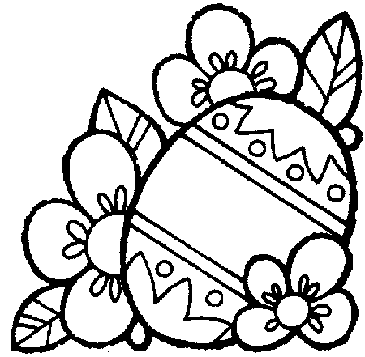
THE HISTORY OF THE EASTER EGG
Easter has become the confectionerís paradise since Cadburyís produced their first chocolate egg in 1875.
Although the custom of giving chocolate eggs goes back so
few years, the giving of real eggs, coloured and decorated is a custom that
dates back over 2,000 years.
To the ancient Chinese, Greeks and Persians, the egg was a symbol of new life. So they exchanged eggs at their festival to honour the goddess of spring as she rose from her winter sleep to fill the earth with glorious new life. Our Anglo-Saxon forebears called her "Eostre" and so we got the word Easter.
To the early Christians the egg seemed a fitting symbol of Christís resurrection from the tomb. That was why the eating of eggs was forbidden in Lent, while on Easter Day they were blessed in the churches, exchanged as gifts and eaten joyfully.
Easter eggs have been coloured and decorated from earliest times. In Edward Iís household accounts for 1307 there is an entry of í18 pence for 450 eggs to be boiled and dyed or covered with gold leaf and distributed to the Royal household.í
Later, craftsmen made artificial eggs of silver and gold, ivory or porcelain, often inlaid with jewels.
In the 18th century, people could buy pasteboard or papier-machť eggs, in which they hid small gifts. By the 19th century cardboard eggs covered with silk, lace or velvet and fastened with ribbon were fashionable.
The chocolate Easter egg has developed from the simple type wrapped in paper to the beribboned variety wrapped in brightest foil and packed in a box or basket.
In Europe Easter eggs are taken seriously. The old art of decorating the real egg is still very much alive. Many of them are dyed red to symbolise Christís blood.
Playing games with hard-boiled eggs as a custom is as old as giving of Easter eggs. Egg rolling, which symbolised the rolling away of the tomb of Christ, was probably the most popular and is still played here in Preston on Easter Monday, as well as at Thurnham near Lancaster. Several European countries also enjoy this custom.